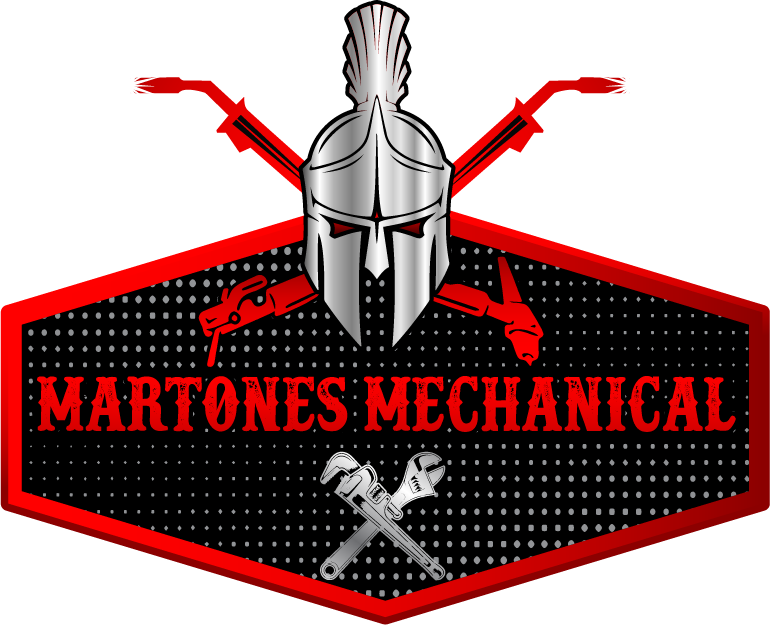MECHANICAL SYSTEM
A mechanical system refers to a set of interconnected components that work together to perform a specific function, often involving the movement of mechanical parts. These systems can be simple or complex and are used in various applications across different industries. Here’s an overview of key aspects related to mechanical systems:
Components of Mechanical Systems
- Frames: Structural components that provide support and shape to the system, often made of metal or composite materials.
- Actuators: Devices that convert energy (often electrical or hydraulic) into mechanical motion, including motors and cylinders.
- Transmissions: Mechanisms that transfer motion and force, such as gears, belts, and pulleys.
- Sensors: Devices that monitor the state of the system (e.g., temperature, pressure, position) and provide feedback for control.
- Control Systems: Systems that manage the operation of mechanical systems, often using computers or microcontrollers.
Mechanical systems are foundational to many industries, enabling the functionality of machines, vehicles, and infrastructure. Their design, analysis, and maintenance are critical for ensuring efficiency, safety, and reliability in their respective applications.
